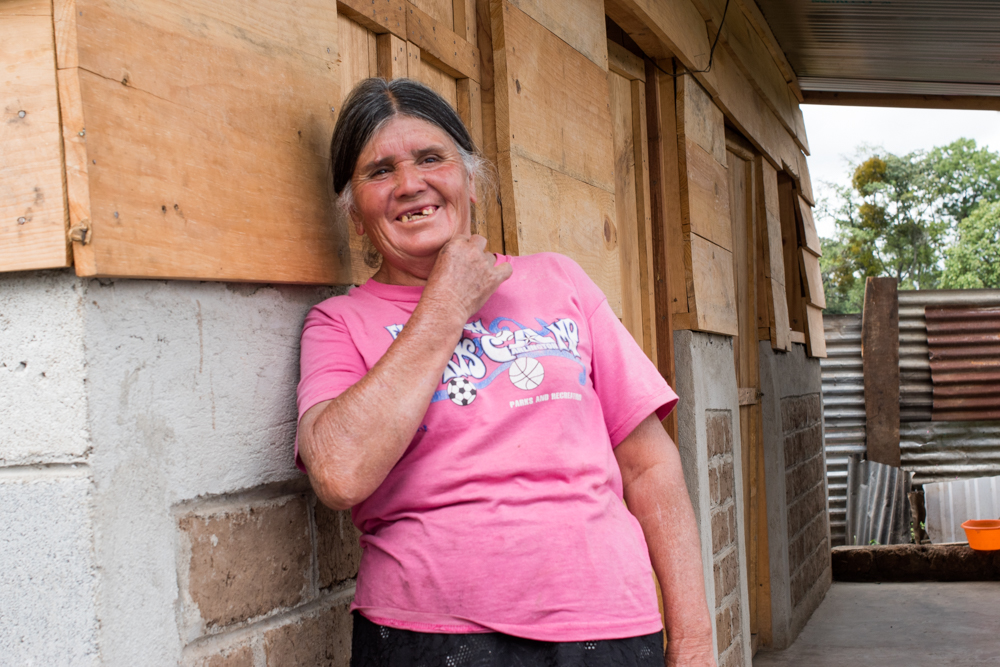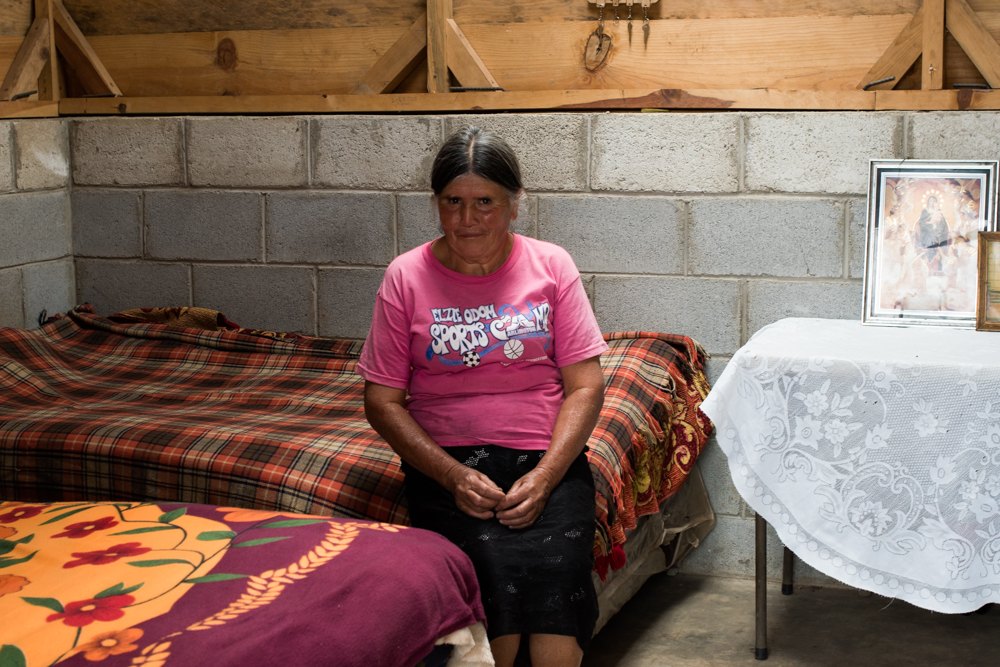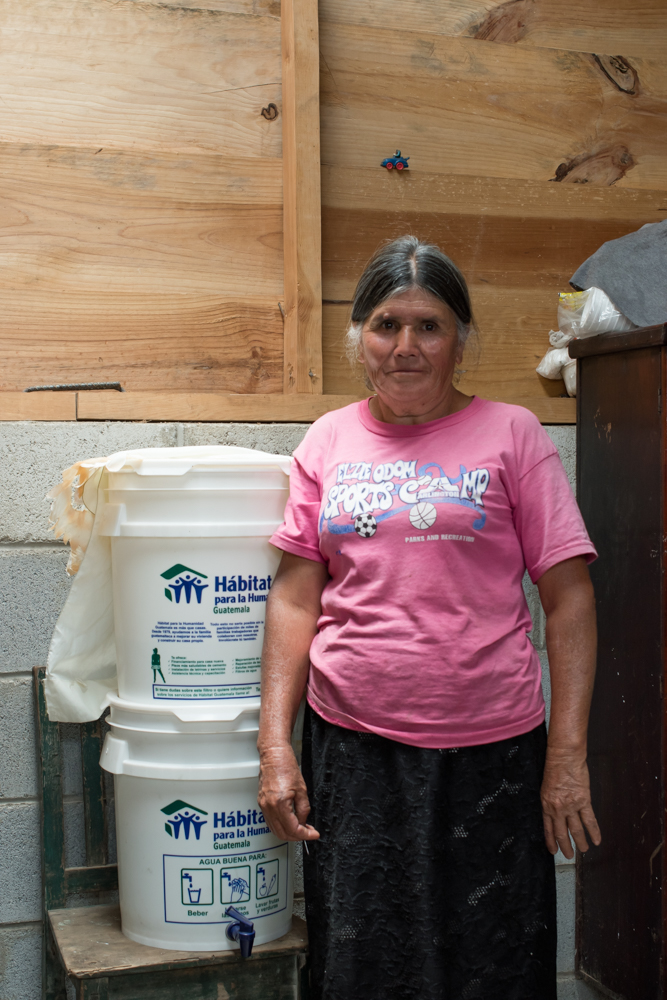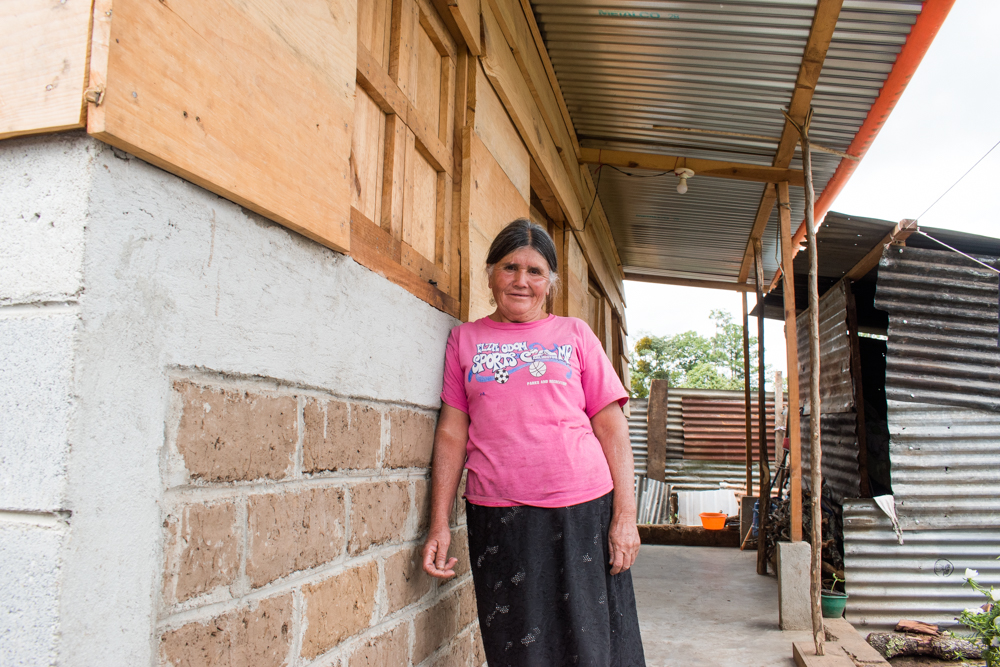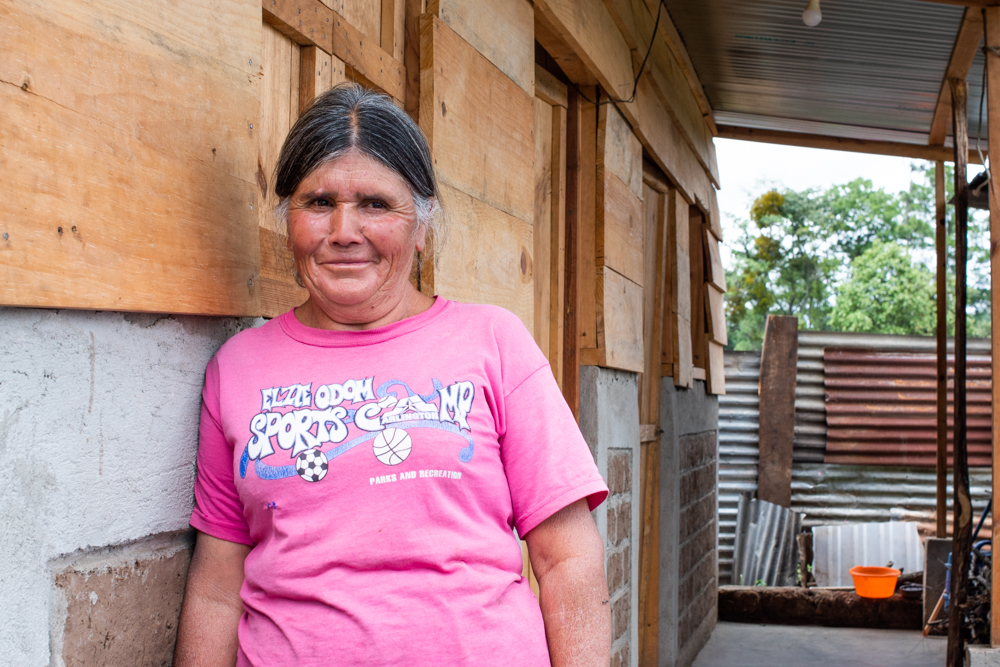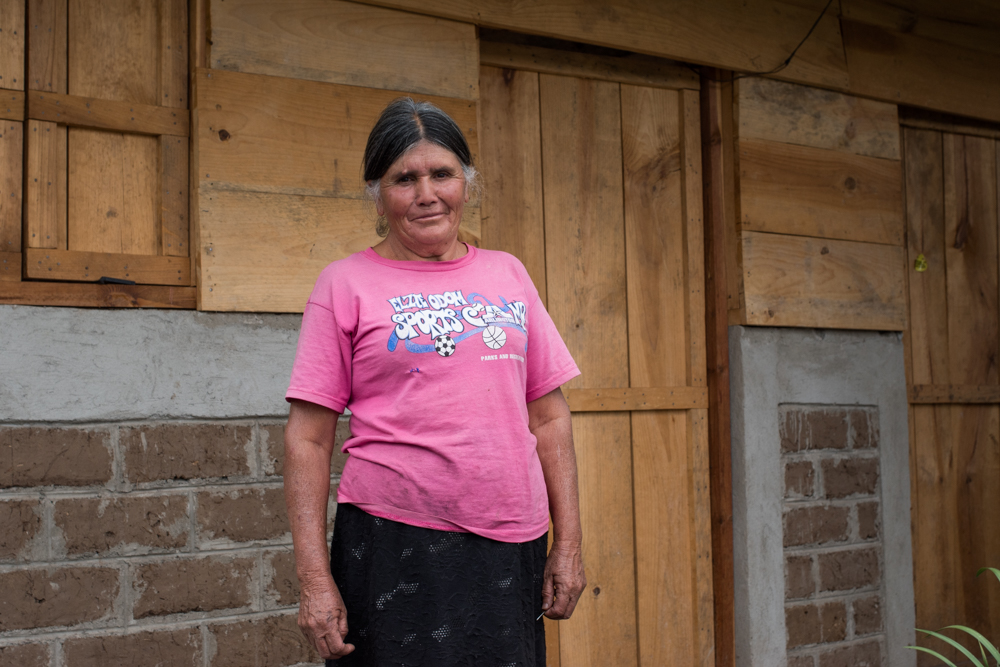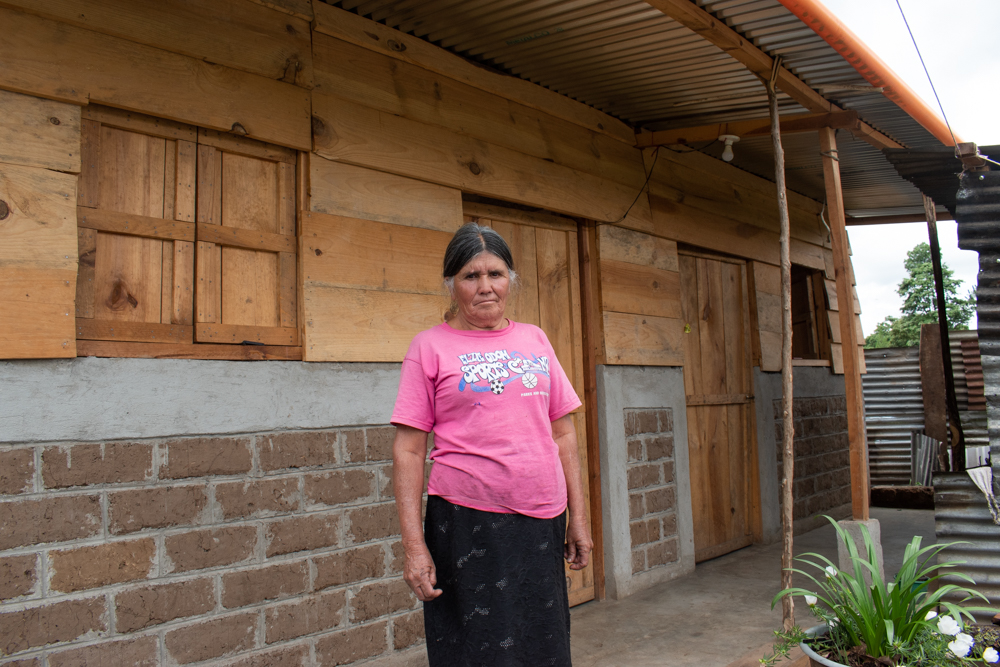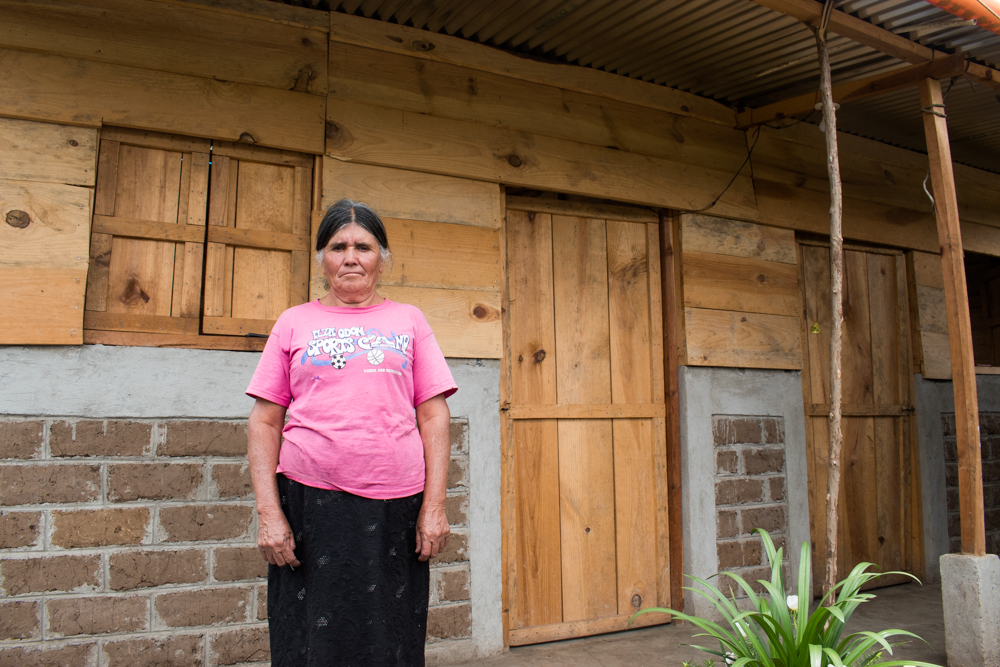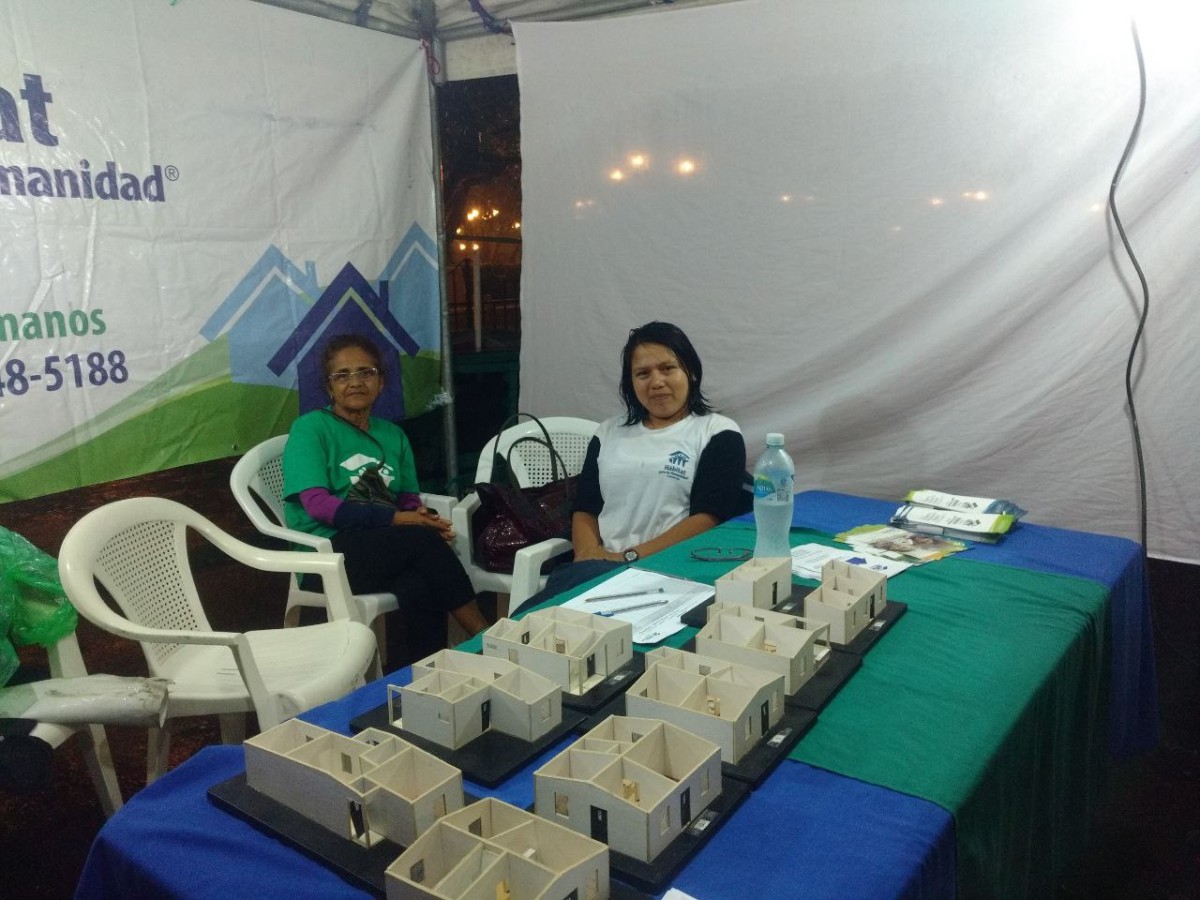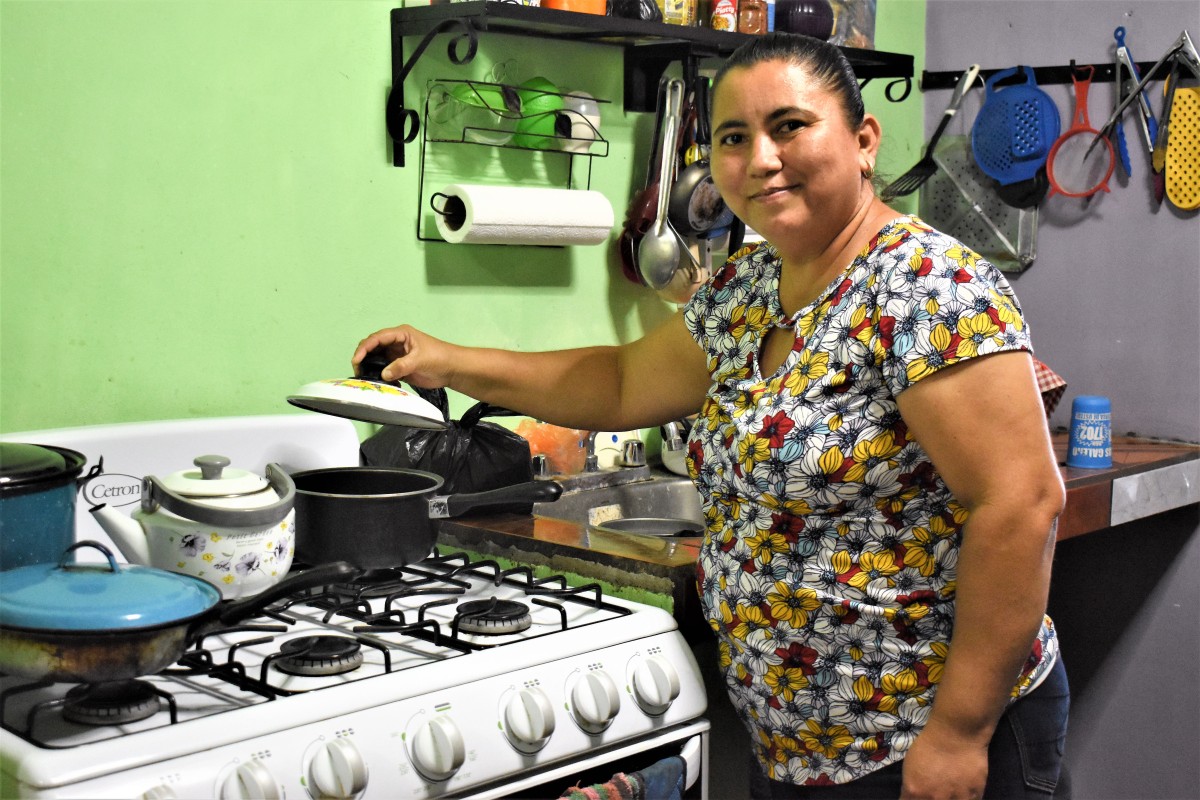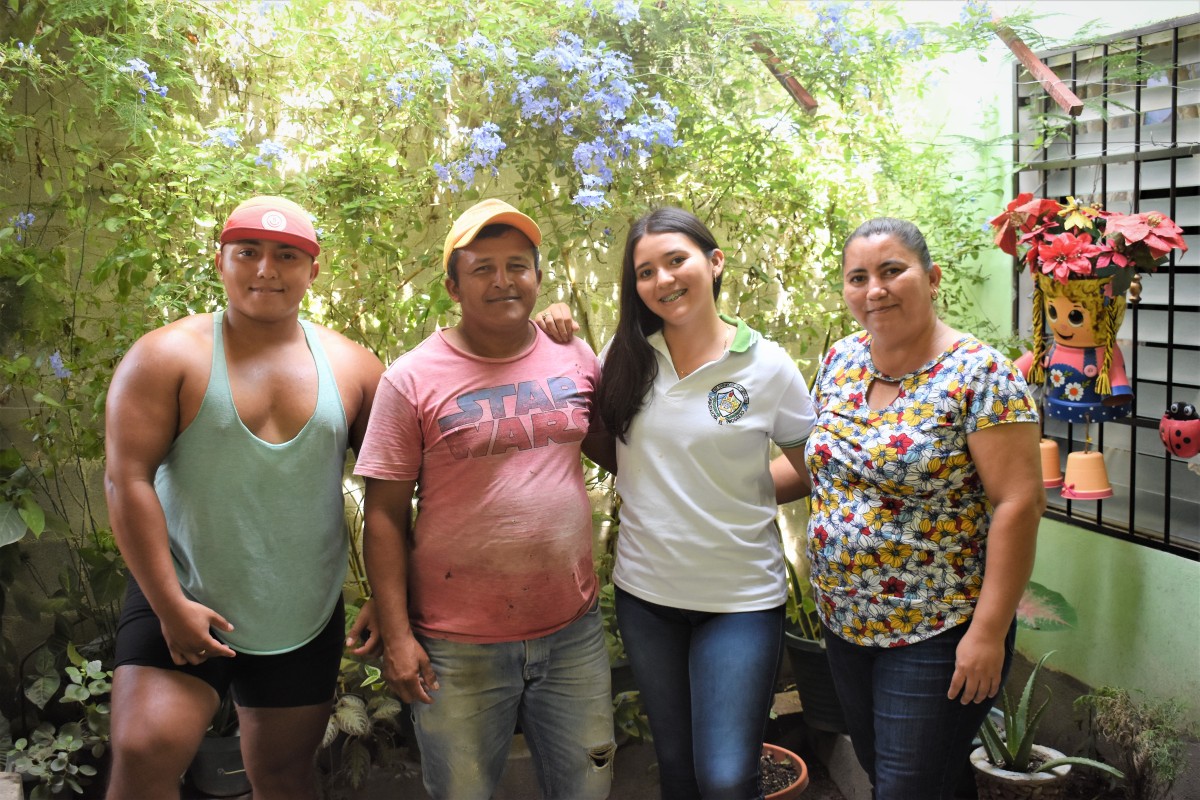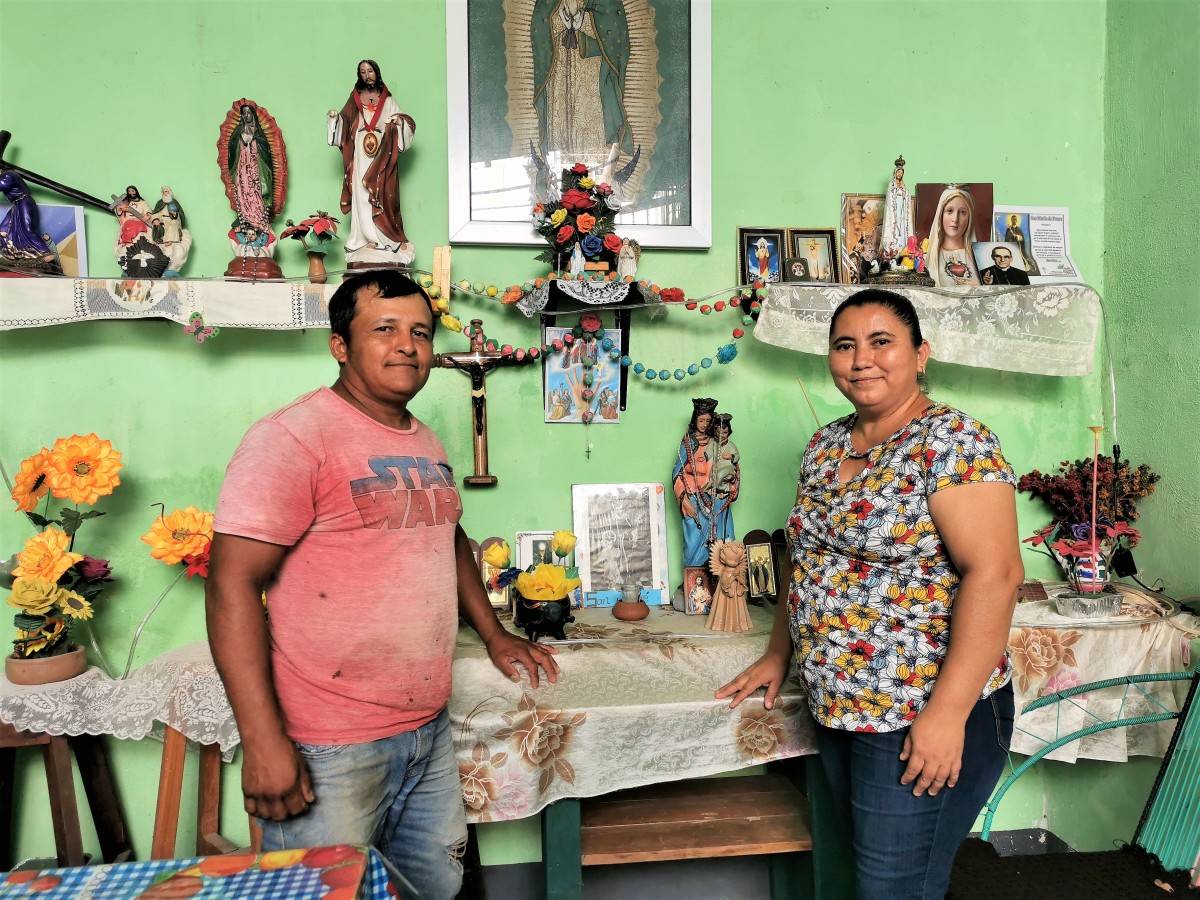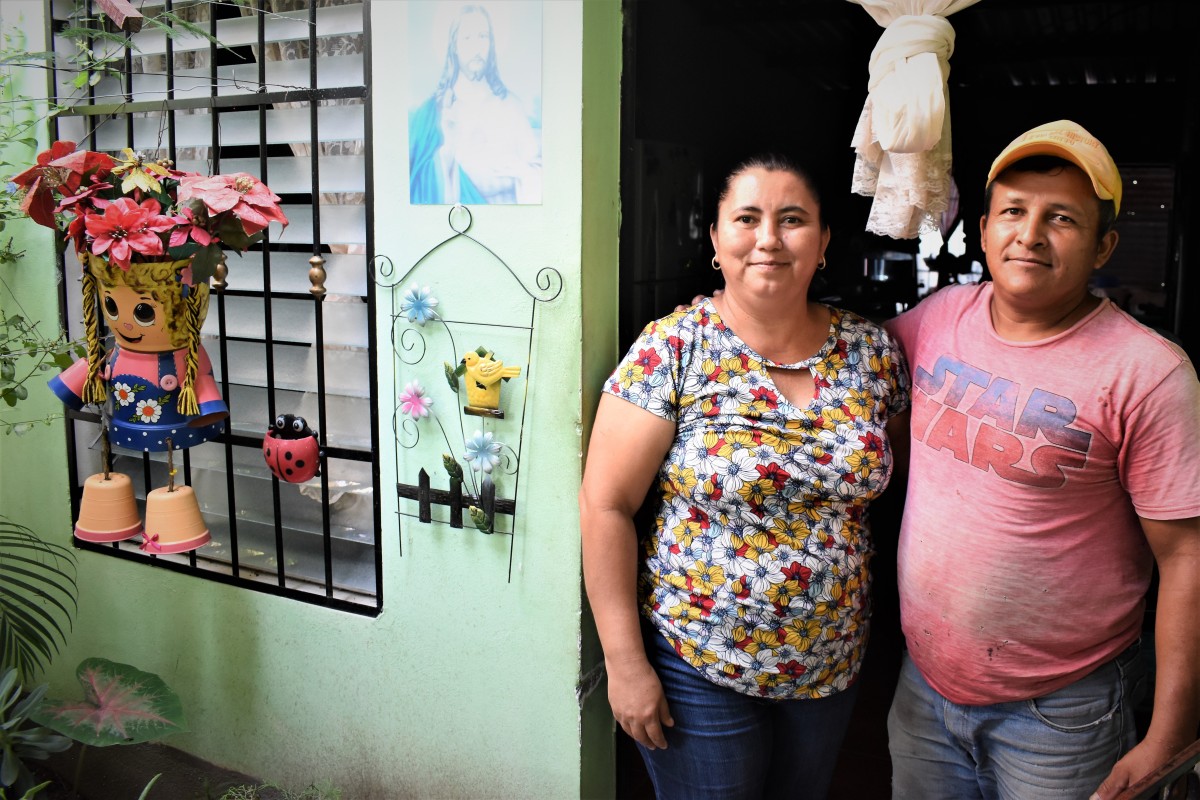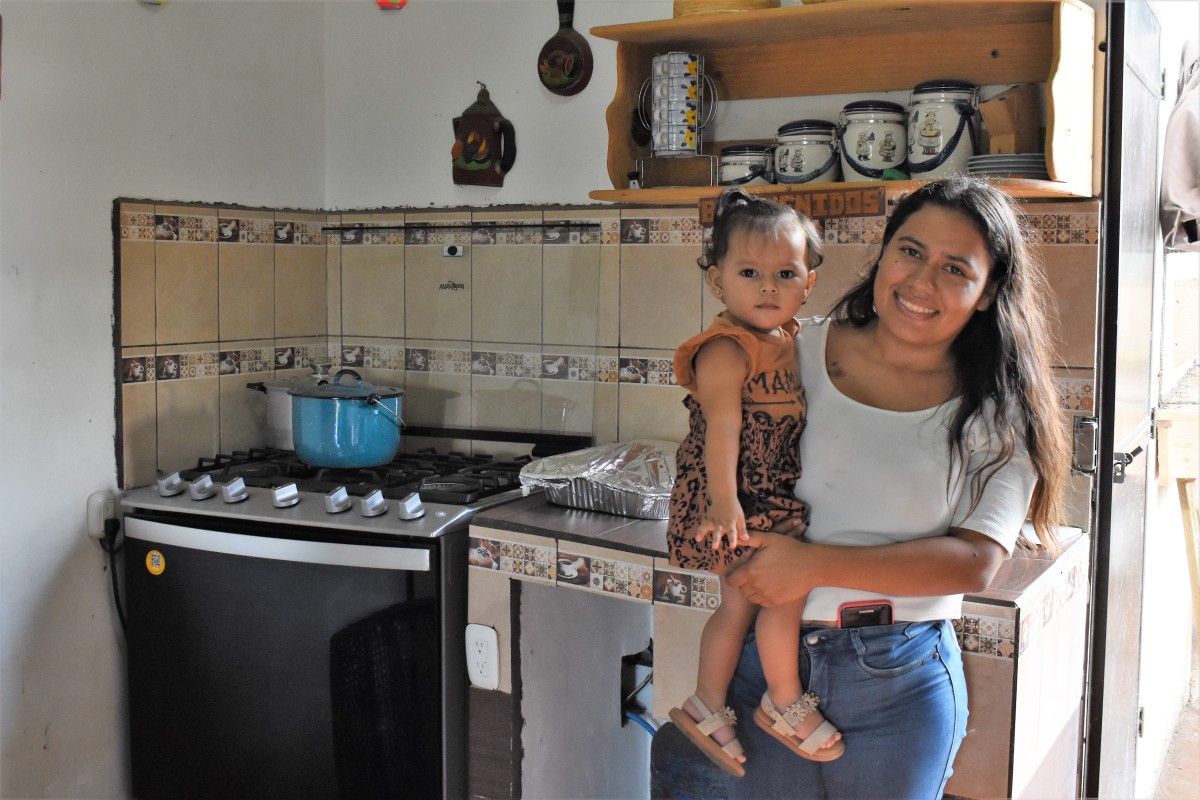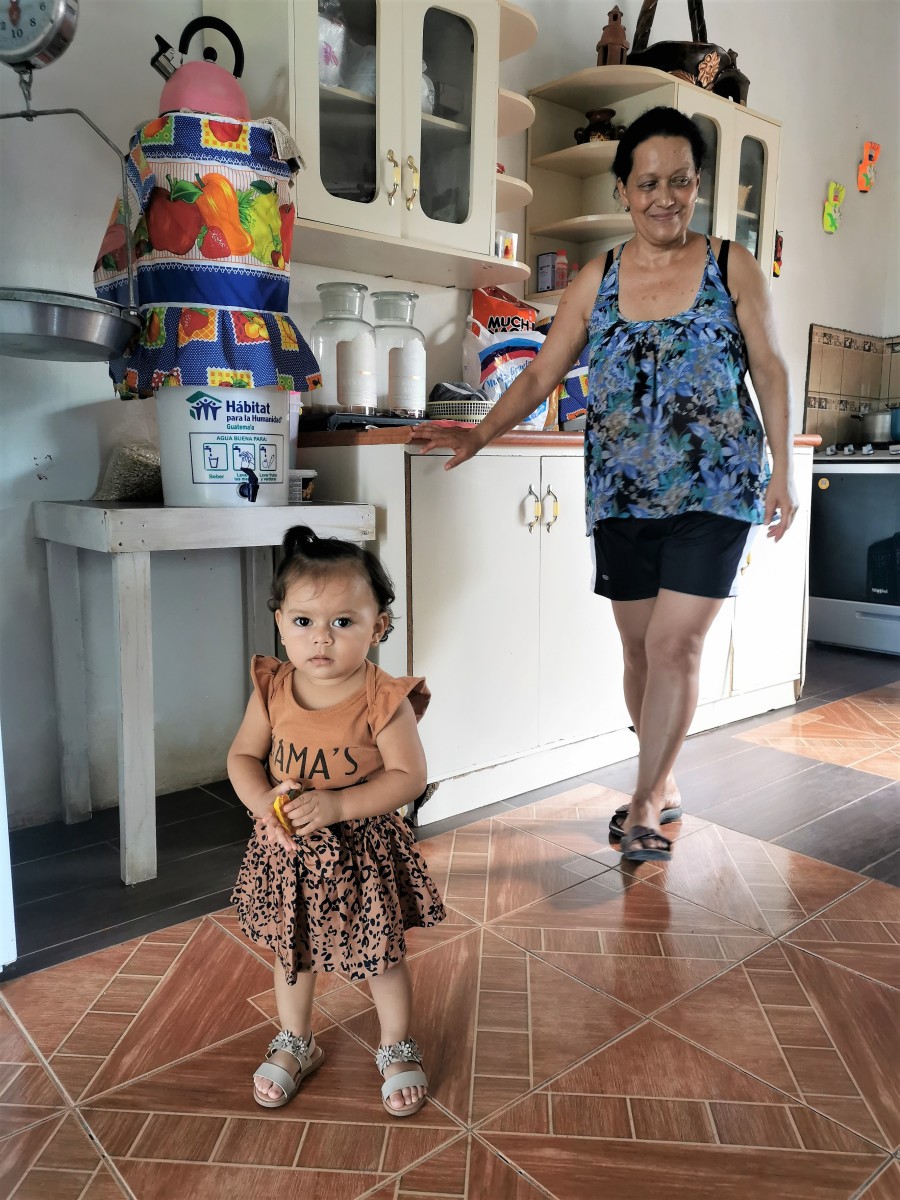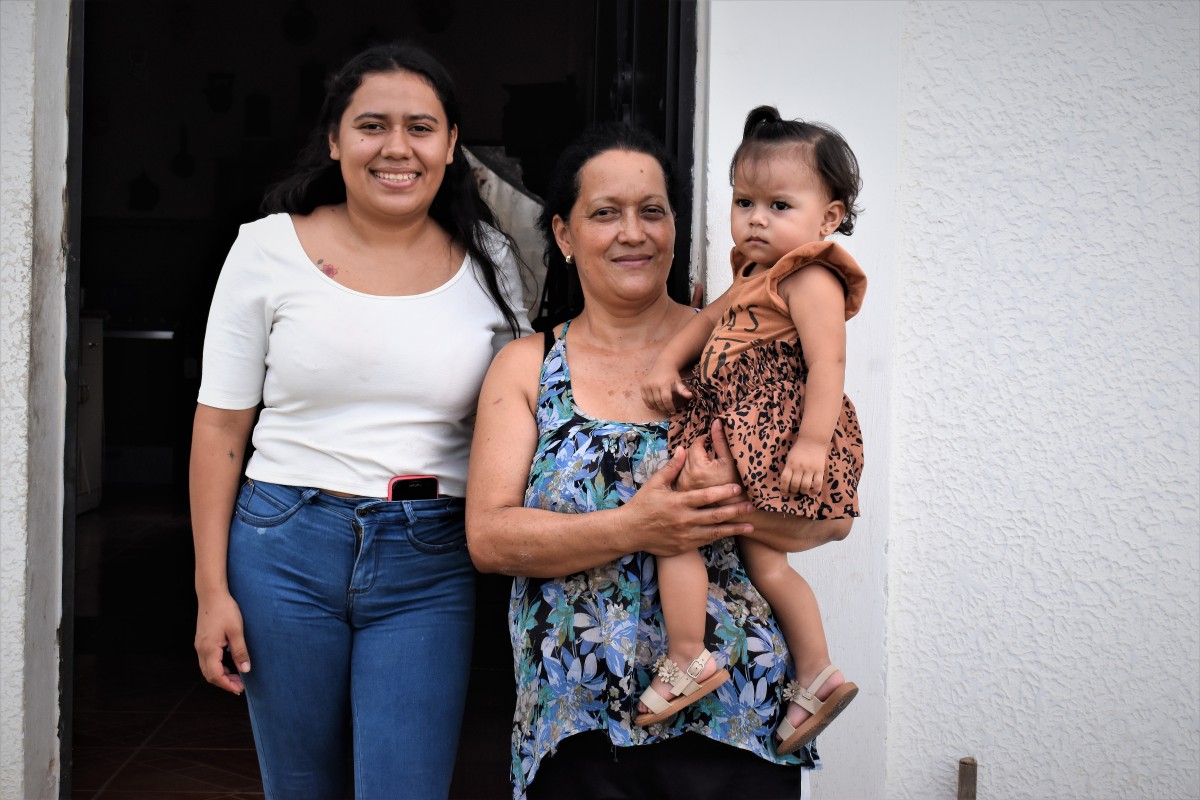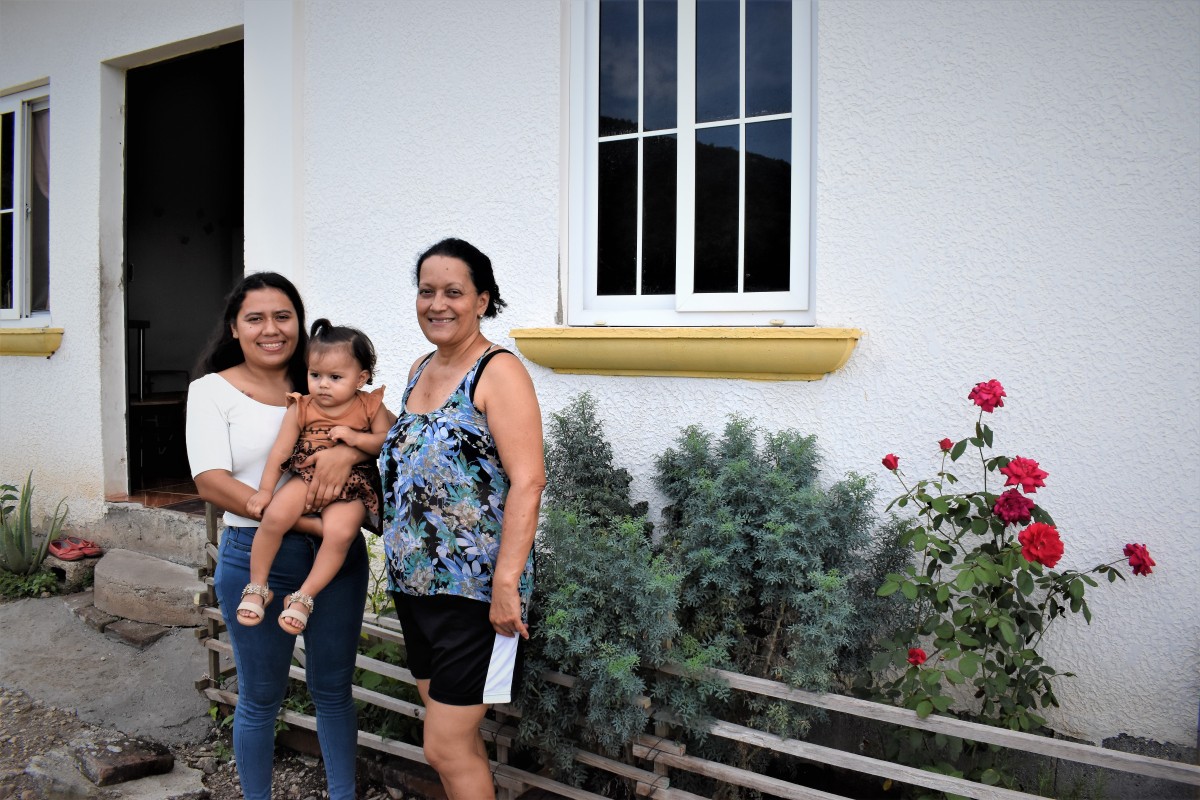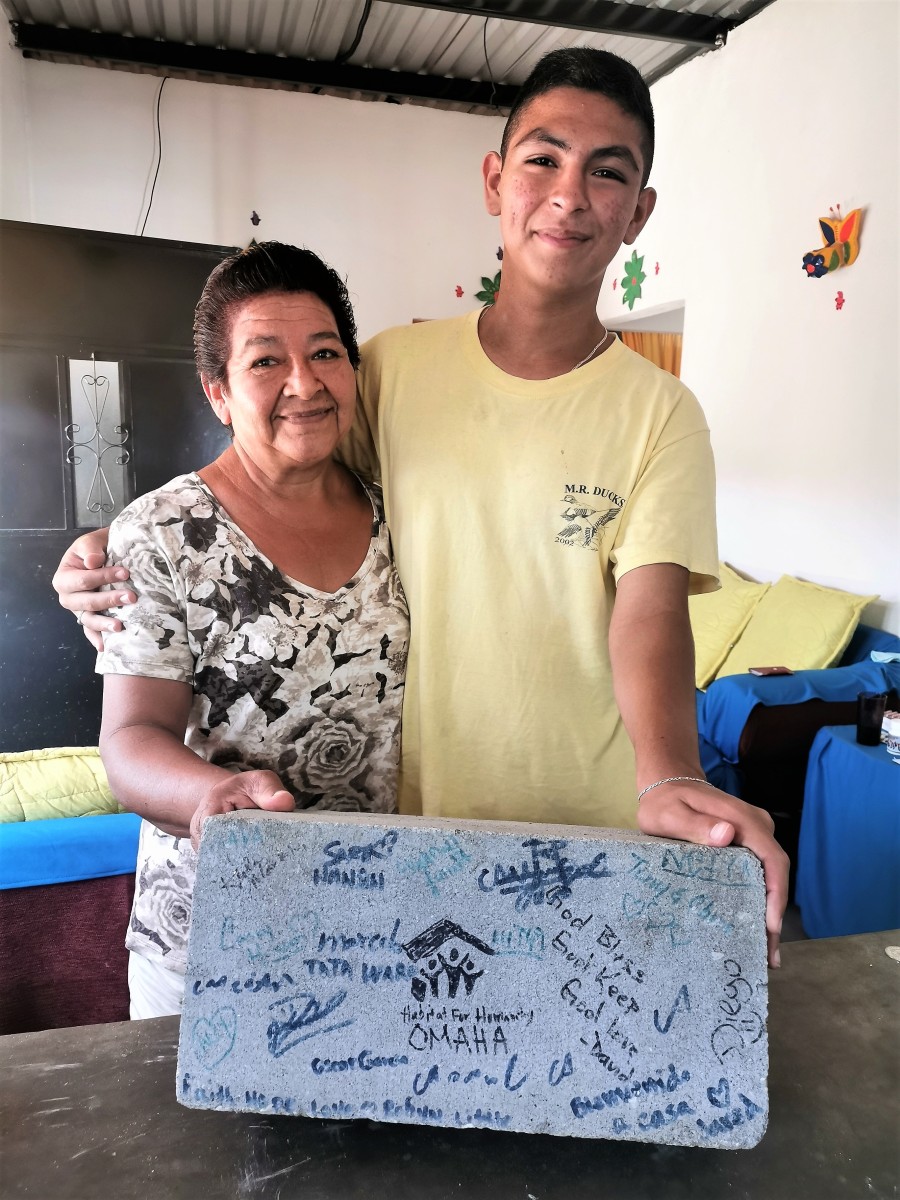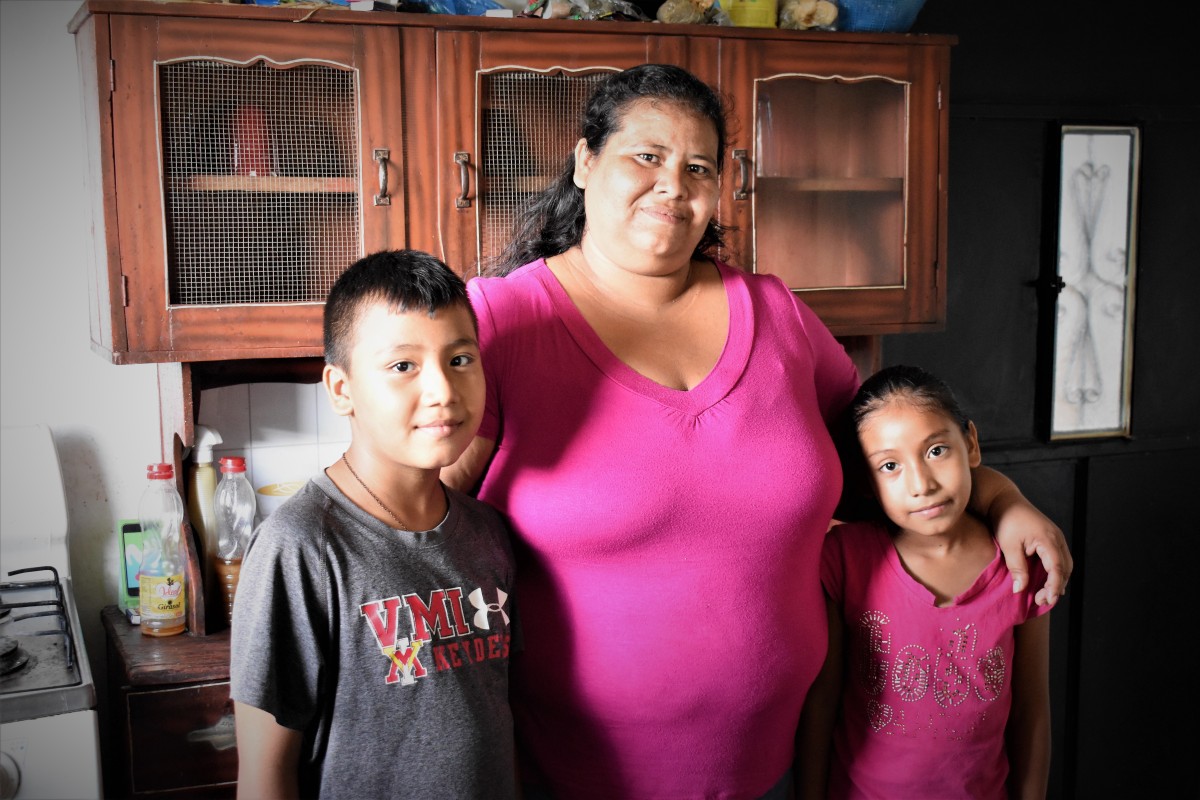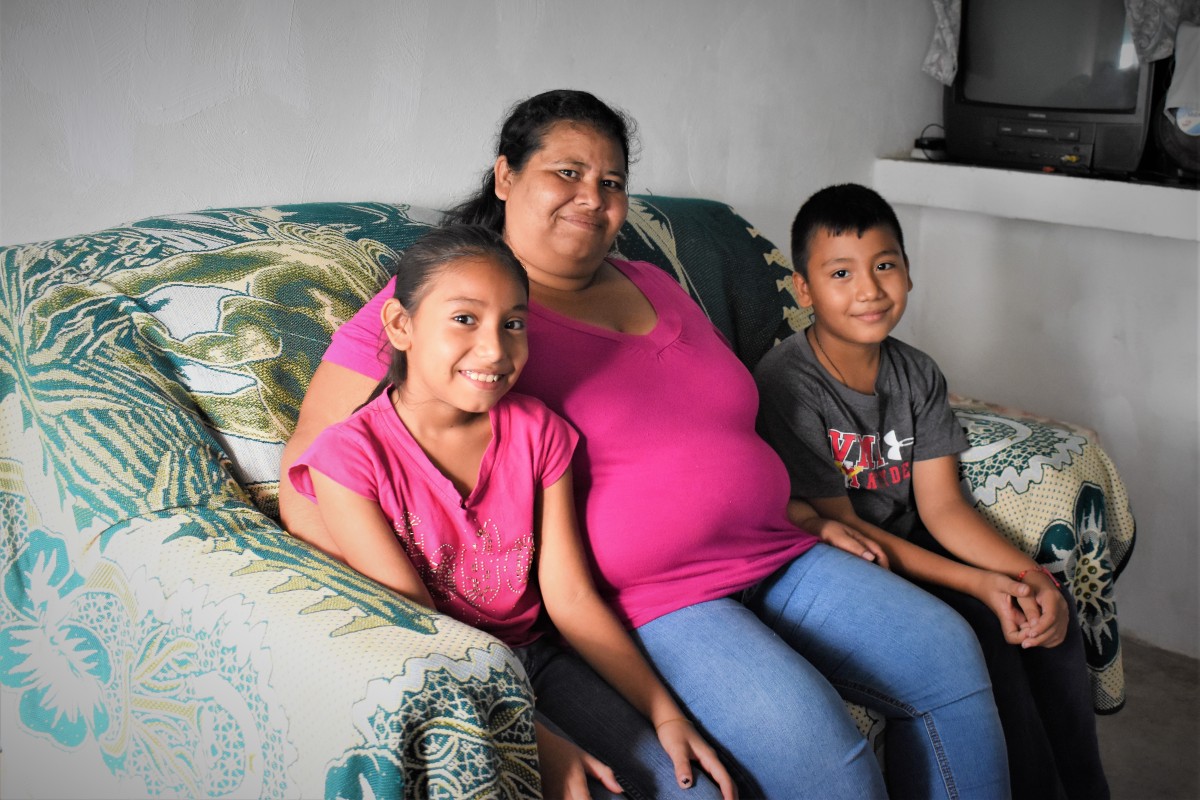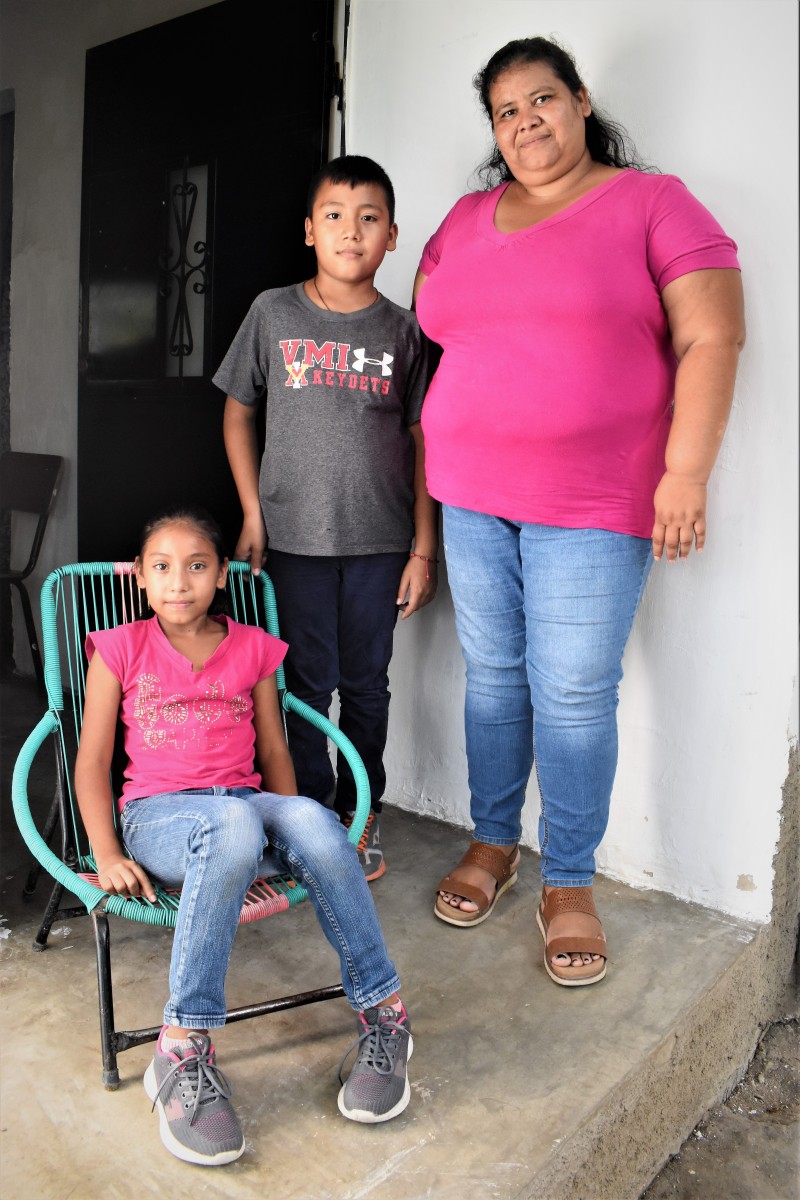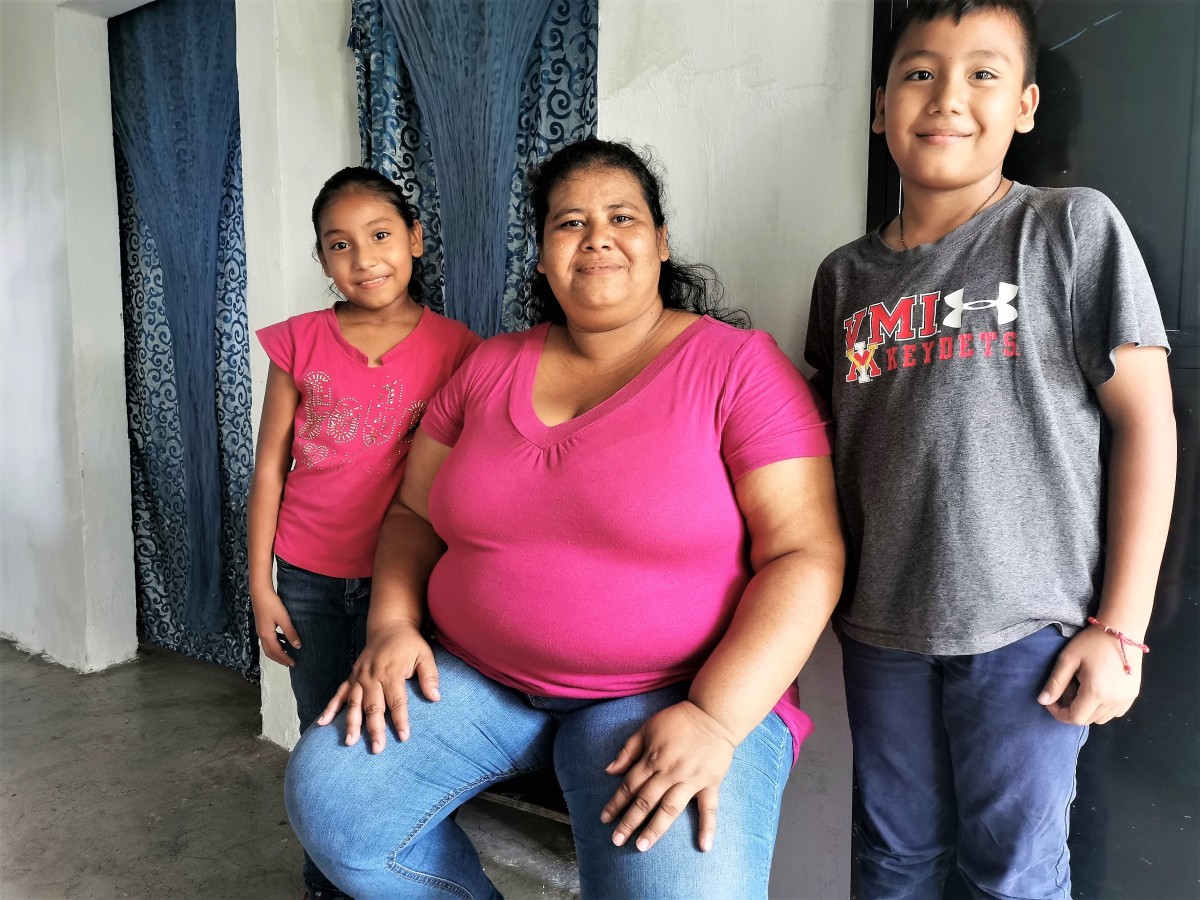Every Drop Counts! – Water Day, March 22
Every year on March 22nd we celebrate World Water Day. An important date that invites us to reflect further on the value of water for each one of us and for life itself.
For many, going down to the kitchen for a glass of water or performing daily tasks such as bathing, washing hands or brushing teeth is neither a challenge nor a health threat. Perhaps this is why many of us are even accustomed to wasting water without reflecting on the millions of people who struggle every day to get the vital liquid and for whom every drop counts.
Worldwide, the scarcity and lack of safe water is alarming. It is estimated that at least 2 billion people use water sources contaminated by feces or other microbes as their main source of drinking water (WHO, 2022). Similarly, 4 billion people (two-thirds of the world’s population) experience water scarcity at least 1 month per year (UNICEF, n.d.).
This existing water vulnerability (contamination and scarcity) brings serious consequences among which we can highlight:
- Diseases: 829,000 deaths per year due to lack of safe water and sanitation (WHO, 2022).
- Hunger: Inadequate access to water, hygiene and sanitation account for 50% of global malnutrition (UNICEF, 2022).
- Conflict: In places like Cameroon 23,000 have been displaced by conflicts related to lack of water (UNHCR, 2021).
In Guatemala, the situation is as worrying. Despite the abundance of water resources in the country with our 7 lakes, 19 coastal lagoons, 49 ponds, 109 lagoons, 7 reservoirs and 3 temporary lagoons, it is estimated that more than 90% of the country’s water sources are contaminated (Peace Brigades International, n.d.). At the same time, 3.5 million Guatemalans do not have access to potable water (World Scarcity Clock, 2023) and the lack of adequate and easily accessible sanitation services in homes affects 44% of households in the country (INCAE, 2016). It is worth mentioning that Guatemala also ranks as the 16th most vulnerable country in the world to climate change, which will amplify the magnitude of the impact of scarcity and contamination of water sources in the country. This will affect millions of Guatemalans in their living conditions and, mainly, their health.
Faced with this situation, year after year Habitat for Humanity Guatemala (HFHG) continues to work hard with local volunteer committees, communities and national and international organizations to reach the neediest families in Guatemala. In this way, HFHG has supported entire communities with water, hygiene and sanitation solutions ranging from water purification filters, pilas, rainwater harvesters and sanitary stations.
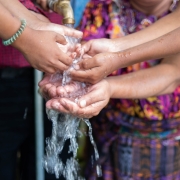 Since 2010, HFHG has delivered 4,385 latrines; 10,157 water purification filters; 1,084 pilas, 3 community water systems and 225 rainwater harvesters. Thus, contributing to bring clean and safe water to many communities throughout Guatemala. At the same time, HFHG is creating a platform to contribute to the promotion and advancement of Sustainable Development Goal (SDG) targets and indicators such as Goal 6: clean water and sanitation.
Since 2010, HFHG has delivered 4,385 latrines; 10,157 water purification filters; 1,084 pilas, 3 community water systems and 225 rainwater harvesters. Thus, contributing to bring clean and safe water to many communities throughout Guatemala. At the same time, HFHG is creating a platform to contribute to the promotion and advancement of Sustainable Development Goal (SDG) targets and indicators such as Goal 6: clean water and sanitation.
Through the support of Habitat and its network of collaborators, today more Guatemalan families do not have to worry about their children getting sick from drinking contaminated water, they do not have to travel distances of up to 1 hour several times a day to collect water, and more families have access to safe and quality sanitation services. In addition, having water harvesting systems supports families with water in quantity, and having water purification filters also helps to obtain quality water that is fit for human consumption. All of this also supports the household economy and mitigates the morbidity of gastrointestinal diseases.
The use of water is everyone’s responsibility, it is not enough just to obtain and purify it, but it is also important that we take care to give primary treatment to wastewater to minimize the environmental impact. HFHG has been working in recent years to implement water sinks in outdoor washing stations, biodigesters and ventilated pit latrines that help protect groundwater from grease, soaps, human excrement and other contaminants. Groundwater accounts for 99% of the planet’s liquid freshwater (UN, 2022), so its care is of utmost importance to minimize the impact of scarcity, pollution and to expand access to safe water for the entire population.
HFHG’s purpose this year is to continue supporting more Guatemalan families and informing society about the great need that still prevails for many communities to be able to obtain safe water. All of us can support this great cause by donating, volunteering or simply spreading the word about Habitat’s work in order to reach more communities.
One drop at a time, together we can make a difference
Referencias
ACNUR. (09 de septiembre de 2021). ACNUR: Conflictos por el agua obligan a huir a miles de personas del norte de Camerún. Obtenido de https://www.acnur.org/latam/noticias/videos/2021/9/613ac4cf4/conflictos-por-el-agua-obligan-a-huir-a-miles-de-personas-del-norte-de.html
INCAE. (2016). Estado De la Vivienda En Centroamérica . Costa Rica: INCAE.
OMS. (21 de marzo de 2022). Agua para consumo humano. Obtenido de https://www.who.int/es/news-room/fact-sheets/detail/drinking-water
ONU. (21 de Marzo de 2022). Naciones Unidas: Noticias ONU. Obtenido de https://news.un.org/es/story/2022/03/1505842
Peace Brigades International. (s.f.). Peace Brigades International: Guatemala. Obtenido de https://pbi-guatemala.org/es/multimedia/art%C3%ADculos/la-escasez-de-agua-en-guatemala-entrevista-gerardo-pa%C3%ADz-ecologista-del#:~:text=%C2%BFCu%C3%A1les%20son%20las%20causas%20de%20la%20escasez%20de,que%20tienen%20un%20efecto%20directo%20sobre%20el%20
UNICEF. (16 de mayo de 2022). UNICEF. Obtenido de https://www.unicef.org/es/historias/agua-hambre-cosas-que-necesitas-saber#:~:text=Los%20ni%C3%B1os%20malnutridos%20son%20tambi%C3%A9n%20m%C3%A1s%20vulnerables%20a,50%25%20de%20la%20desnutrici%C3%B3n%20mundial.%20UNICEF%2FUNI361793%2FSobecki%20VII%20Photo
UNICEF: for every child. (2021). Water Security for All: reimagining WASH. New York, USA: United Nations Children’s Fund.
Water Scarcity Clock. (2021). Water Scarcity Clock. Obtenido de https://worldwater.io/

